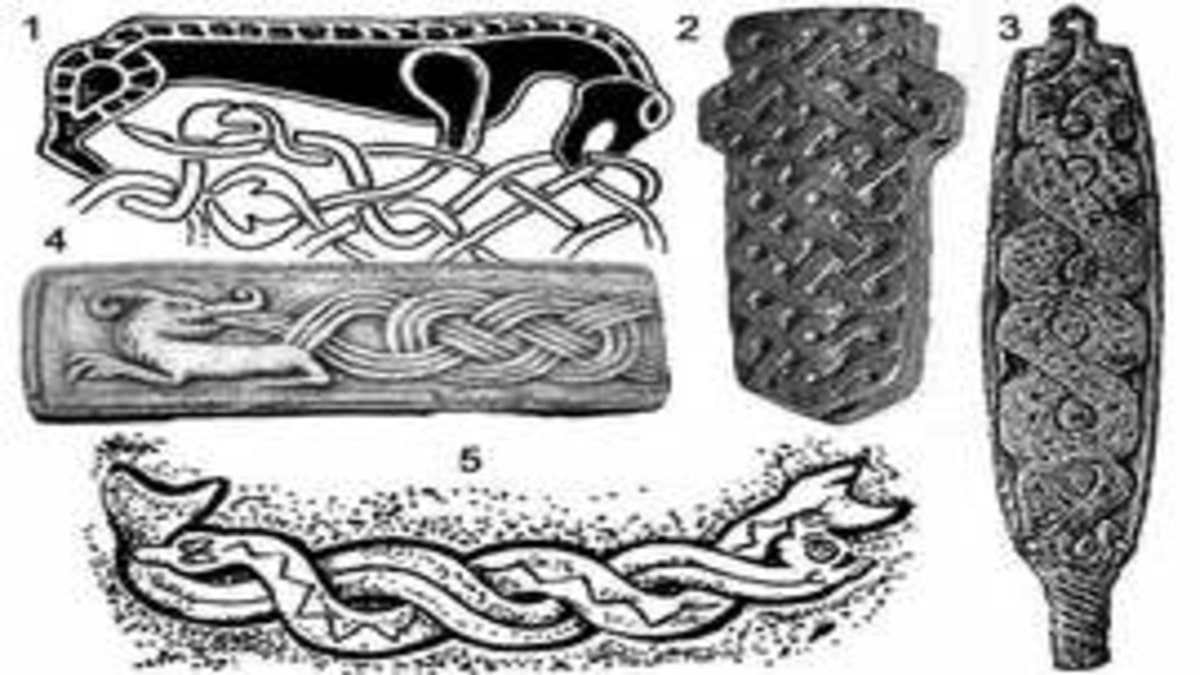 According to Armenian historian Movses Khorenatsi, the Median kingdom was defeated by the Armenian king Tigran Orontid in alliance with Cyrus. The core of his message can be revealed in comparison with the message of Xenophon, the Greek historian of the 5th-6th centuries BC, contained in his work “Cyropaedia.”
According to Armenian historian Movses Khorenatsi, the Median kingdom was defeated by the Armenian king Tigran Orontid in alliance with Cyrus. The core of his message can be revealed in comparison with the message of Xenophon, the Greek historian of the 5th-6th centuries BC, contained in his work “Cyropaedia.”
Here, Cyrus and Armenian prince Tigran appear as friends, and later Tigran with Armenian troops takes part in the campaigns of Cyrus.
“… He was the most powerful and intelligent of our kings, surpassing in courage every other king in the region. With the help of Cyrus, he crushed the rule of the mayors and, subduing the Greeks, kept them in obedience for a long time.
He extended the boundaries of the country of our dwelling, bringing it to its greatest extent for his times. He evoked the envy of all his contemporaries, and for us now, his times and himself are a cherished dream.
The Armenian king summoned the Cappadocians and all the best warriors of Iveria and Alvania and chosen armies of Greater and Lesser Armenia and moved them all against the Median country.
The danger compelled Azhdahak to meet the Armenians with considerable hordes. But the fight was delayed by almost five months because Tigran kept in mind the security of his sister Tigranuhi. He tried to achieve such an outcome in which he would be able to save her. After finding a way, there was no point in postponing the battle.
I praise my valiant spearman who was distinguished by the perfection of the body proportionate in all its parts, for he was strong, harmonious in everything, and had no equal one in power.
In the ensuing battle, Tigran ripped open the strong iron armor of Azhdahak with his spear like water, impaled him, and then tore half of Azhdahak’s lungs with the weapon.
But the struggle was terrible for the brave men who faced other brave men did not hurry to turn their backs on each other. Therefore, the battle lasted for many hours.
And it only ended with the death of Azhdahak. This incident was added to Tigran’s list of successes and served to multiply his glory,” Movses Khorenatsi wrote.
Sourse: History of Armenia



